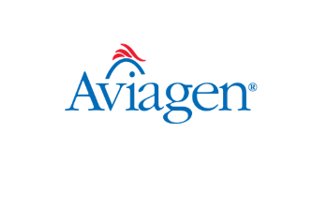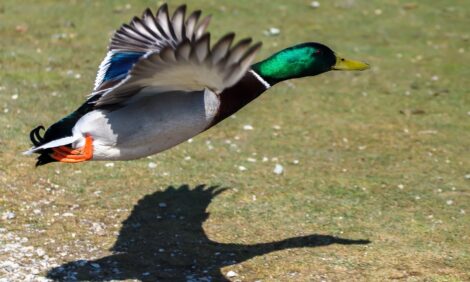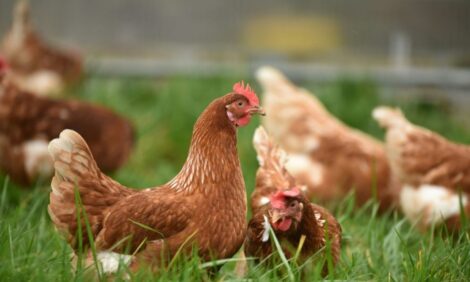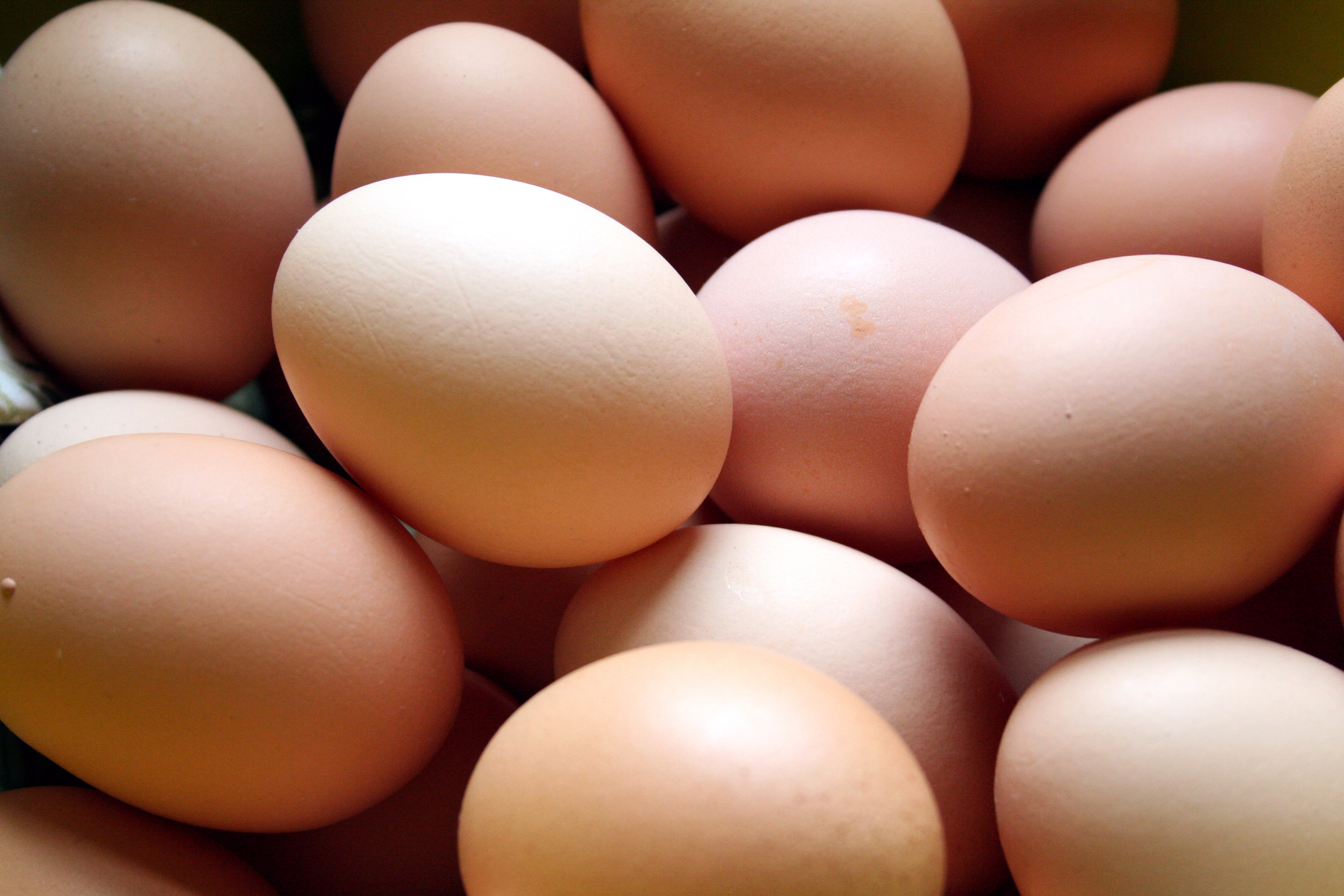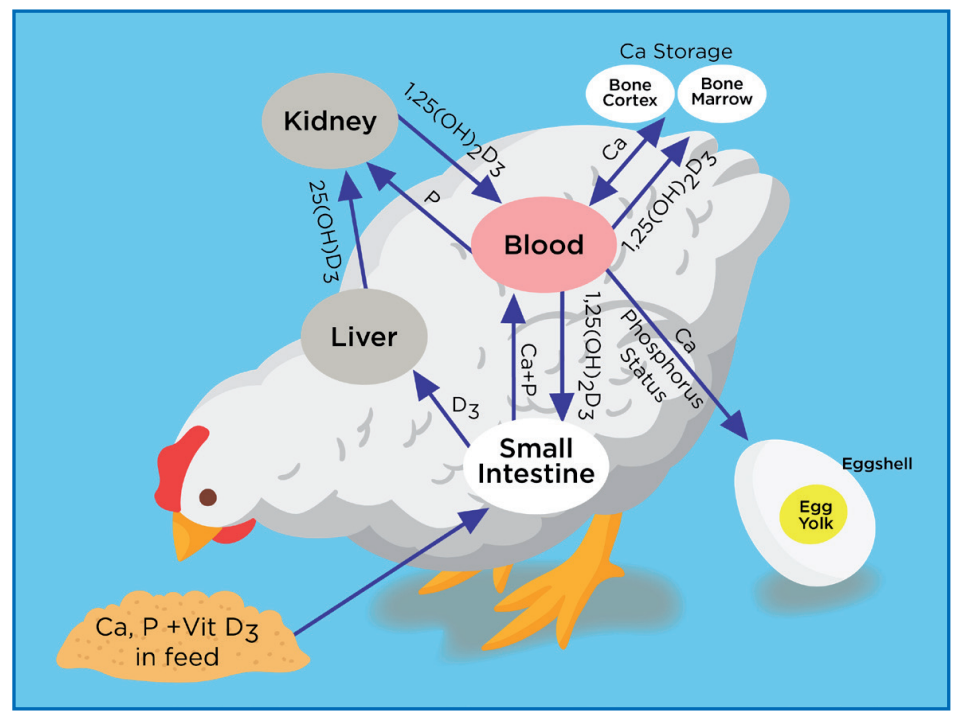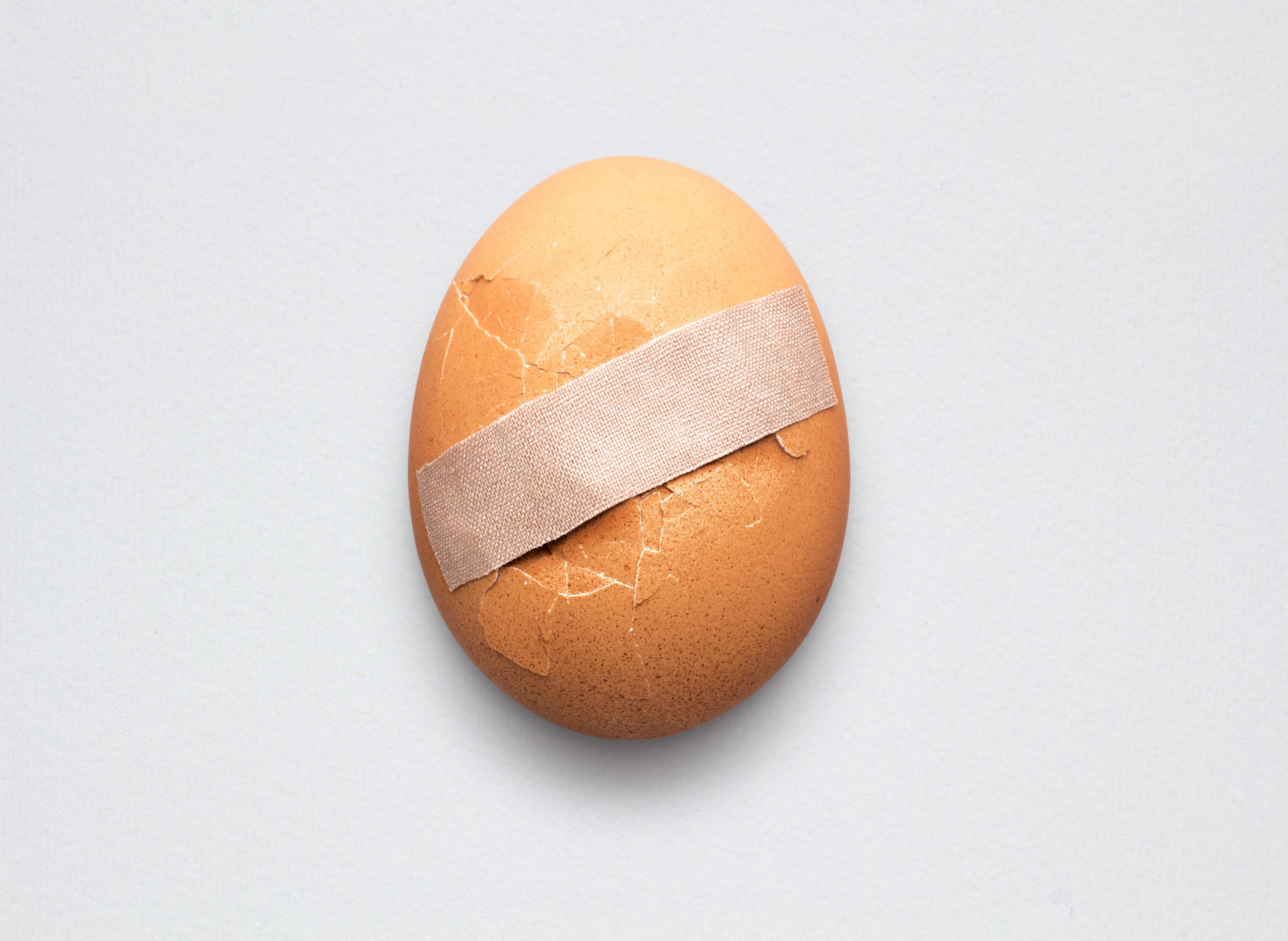



The egg shell: what do we know?
The egg shell protects and supports the internal soft structures. It is semi-permeable to air and water and helps prevent bacterial infection. About 94-95% of the dry egg shell is calcium carbonate (CaCO3 ) and weighs 5.5-6.0 g (0.19-0.21 oz) (Mongin, 1978). Good quality egg shells from broiler breeders comprise about 2.0-2.2 g (0.07-0.08 oz) of calcium in the form of CaCO3 crystals. A typical egg shell contains about 0.3% phosphorus and 0.3% magnesium and traces of sodium, potassium, zinc, manganese, iron and copper. The rest of the dry egg shell is made up of an organic matrix material which has calcium binding properties and its organization during shell formation plays a vital role in the strength of the egg shell. The strength of the shell is further dependent on the amount of shell present, relative to the egg size, shape and thickness.
This article is an extract taken from 'The importance of nutrition on egg shell quality in broiler breeders' by Alex Chang, Senior Poultry Nutrition Specialist at Aviagen.
Cuticle
The outermost part of the egg shell is the cuticle (Figure 1). The cuticle is a non-calcified, thin, water-insoluble coating composed mainly of glycoproteins. It renders the shell impervious to water and seals the pores on the shell to keep out dust and bacteria, but plays a role in regulating moisture and gas
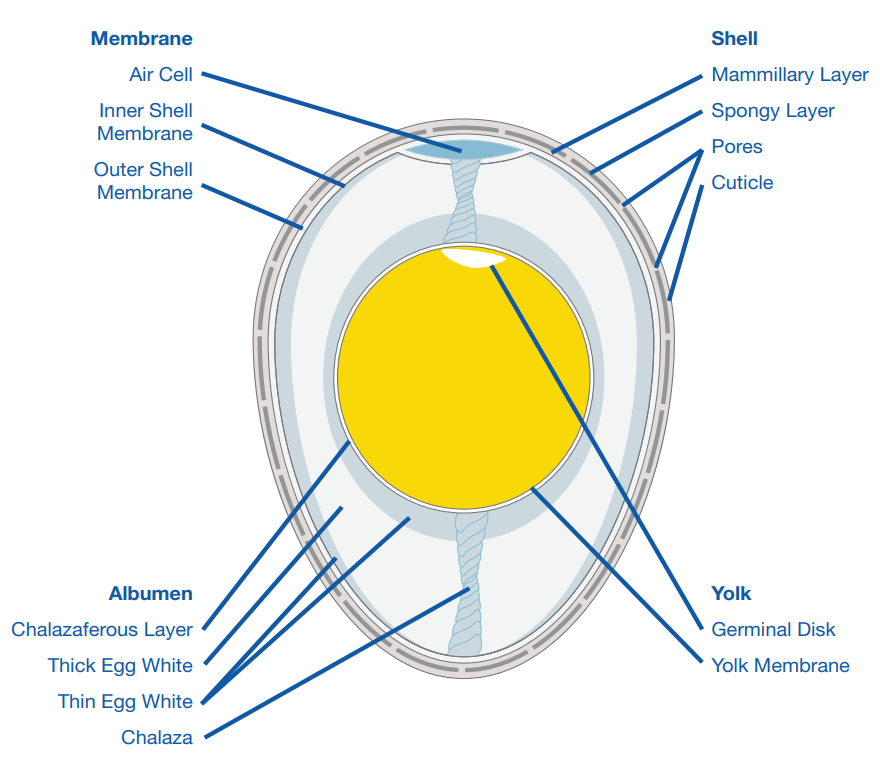
When the egg is laid, the cuticle is not completely stabilized; it appears wet for 2-3 minutes under a microscope, and will have an open, spongy appearance. After it matures, it hardens to a smoother surface. Until the cuticle is set, it will not protect the pores from bacterial penetration. If the egg is laid onto a dirty surface, then bacteria will almost certainly enter the egg shell and cause contamination in the internal egg contents and negatively impact embryo development.








